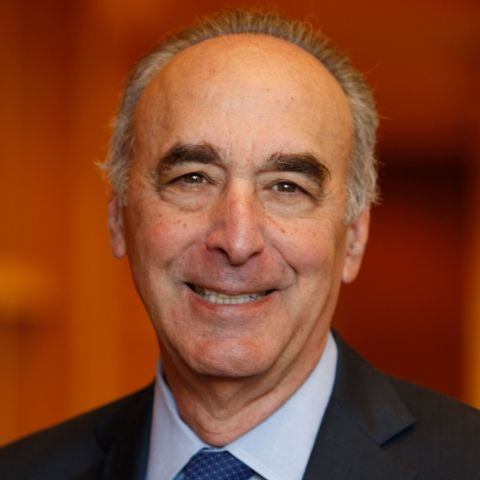
The prohibition on party testimony existed; it was universal; and there is no evidence that it was subject to evasion or subterfuge. The history of each field of law where the prohibition operated may turn out to benefit from the same kind of rethinking that I will do here about the development of tort law. Because I am a torts teacher and scholar, however, my focus will be on tort law alone. To say the least, the influence of an absolute prohibition against testimony by the parties in a tort suit on the development of tort liability prior to the middle of the 19th century is worth exploring. The scope and import of tort liability during this period, and the law governing the damages that were recoverable in tort during this same period, remain matters of debate to this day. Indeed, controversies about how tort law should operate today have long turned at least in part on how tort law is thought to have operated several centuries ago. If tort law’s past is to be invoked in support of contentions about what tort law’s future should be, then we would do well to understand that past as accurately as possible. To do this, we must begin to uncover the influence of the prohibition on party testimony on the development of tort liability.